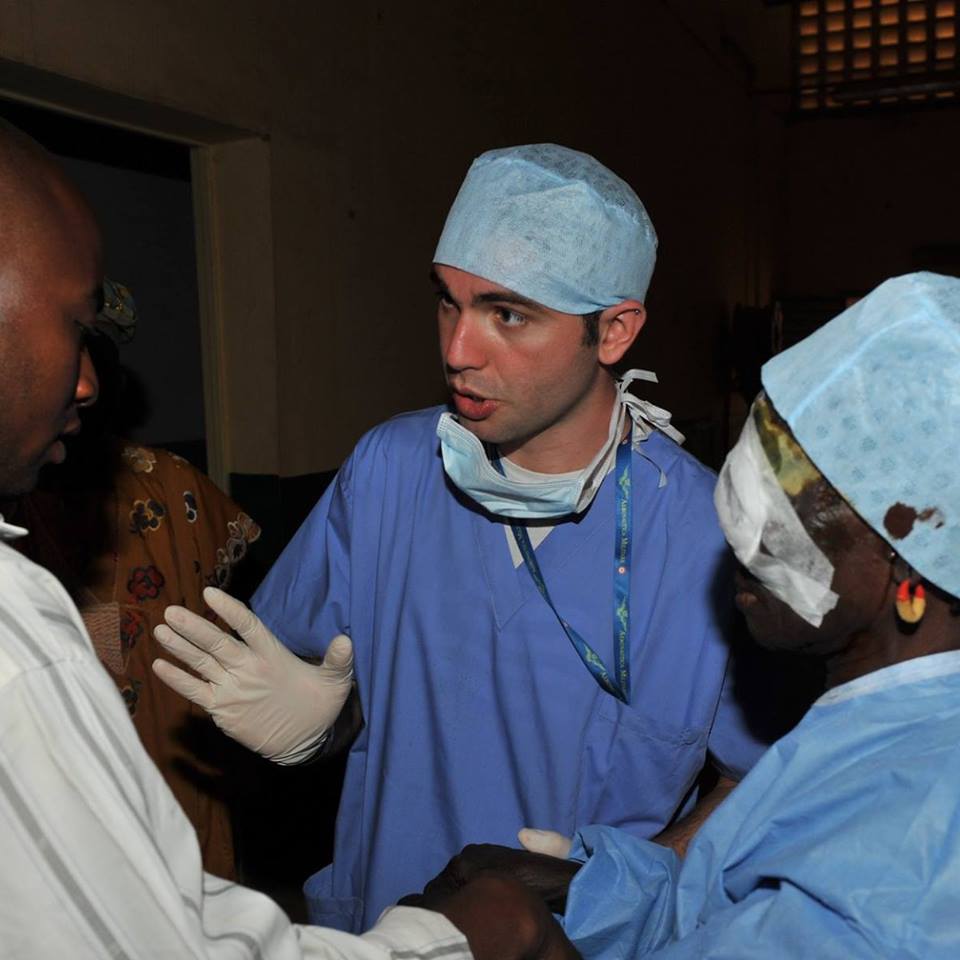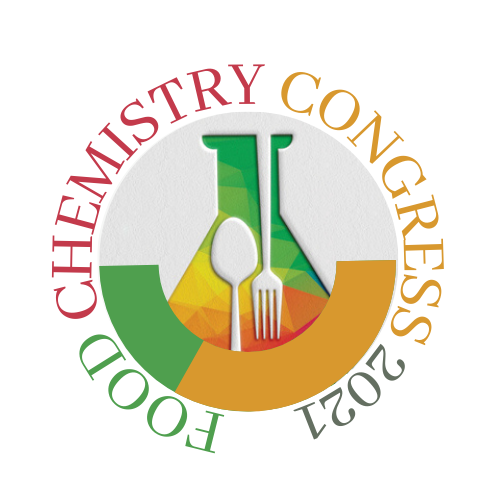
Raffaele Pilla
Professor Fatebenefratelli – St. John of God Hospital
Fatebenefratelli – St. John of God Hospital
Italy
Biography
Raffaele Pilla, Pharm.D., Ph.D., Doctor Europaeus, received his Master’s degree in Pharmacy at G. d’Annunzio University in Chieti-Pescara, Italy in 2005, where he also served internships at the Cell Physiology Laboratory and Molecular Biology Laboratory. Prior to his degree, he was an Erasmus Student at Faculté de Pharmacie de Reims in Reims, France. He received his Doctor Europaeus in 2010 from Pitié-Salpétrière Institute in Paris, France. Also in 2010, he received his Ph.D. in Biochemistry, Physiology, and Pathology of Muscle at G. d’Annunzio University in Chieti-Pescara, Italy. He was hired as a Postdoctoral Scholar in the Department of Pharmacology and Physiology at the University of South Florida in Tampa, on two research grants respectively funded by the Office of Naval Research (US Navy) and Divers’ Alert Network. He has written and lectured widely on his experiences. Dr. Pilla has been involved in ongoing research at the University of South Florida with the use of ketone esters. The initial work, funded by the Office of Naval Research, focused on using ketone esters to prevent CNS oxygen toxicity. Dr. Pilla is working to coordinate efforts in the United States and Italy to expand the ketone ester research to other conditions such as epilepsy and cancer and its use as an alternative metabolic fuel. Dr. Pilla has also served extensively in various international medical missions, orphan and homeless programs, emergency medicine rescue and training, and animal rescue and fostering. He is fluent in Italian, English, French, and Spanish. He has a special interest in journalism and photography, and he enjoys sailing, SCUBA diving, ultralight airplane piloting, soccer, volleyball, jogging, and motorcycles.
Research Interest
- Neurology - Epilepsy - Brain Cancers - Metastatic Cancers - Ketone Esters adopted in the metabolic treatment of epilepsy and cancer - Ketogenic Diet administered in patients affected by epilepsy and cancer - Alzheimer’s disease - Glut 1 deficiency syndrome - Traumatic brain injury - Hyperbaric/hypobaric physiology - Hyperbaric/hypobaric chamber

